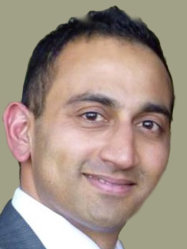BibTex format
@article{Ahmad:2020:10.1016/j.amsu.2020.09.031,
author = {Ahmad, K and Bhattacharyya, R and Gupte, C},
doi = {10.1016/j.amsu.2020.09.031},
journal = {Ann Med Surg (Lond)},
pages = {131--137},
title = {Using Cognitive Task Analysis to train Orthopaedic Surgeons - Is it time to think differently? A systematic review.},
url = {http://dx.doi.org/10.1016/j.amsu.2020.09.031},
volume = {59},
year = {2020}
}

